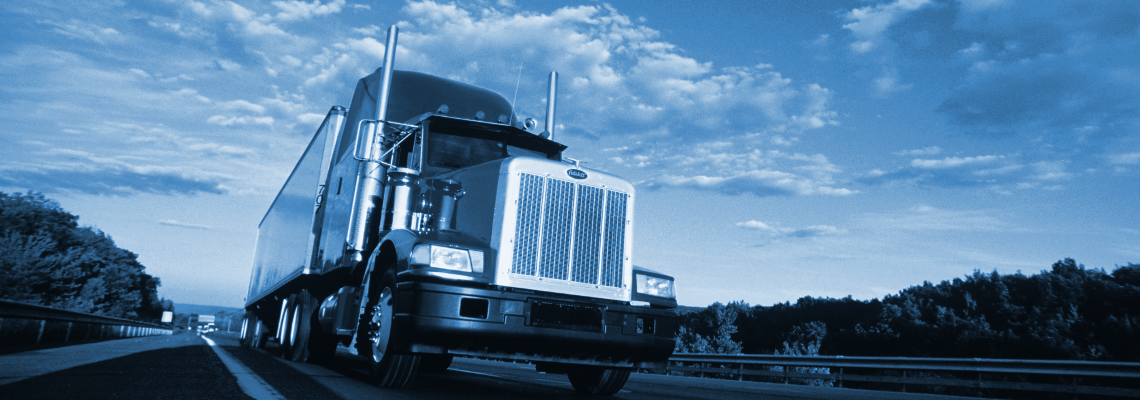Brazil Light Vehicle Exports Grow 41%
Vehicle exports from Brazil grew by nearly 41% in the first quarter of 2025. Brazil automotive industry shipped 115,600 units abroad, compared to 82,200 vehicles during the same period in 2024. Only in March, 38,900 vehicles were exported, up 19% year-over-year.
The increase was boosted by higher export volumes to Argentina, which accounted for 58% of Brazil’s vehicle exports in Q1 2025. A total of 67,630 vehicles were sent to Argentina— up 120% from the same period last year.



